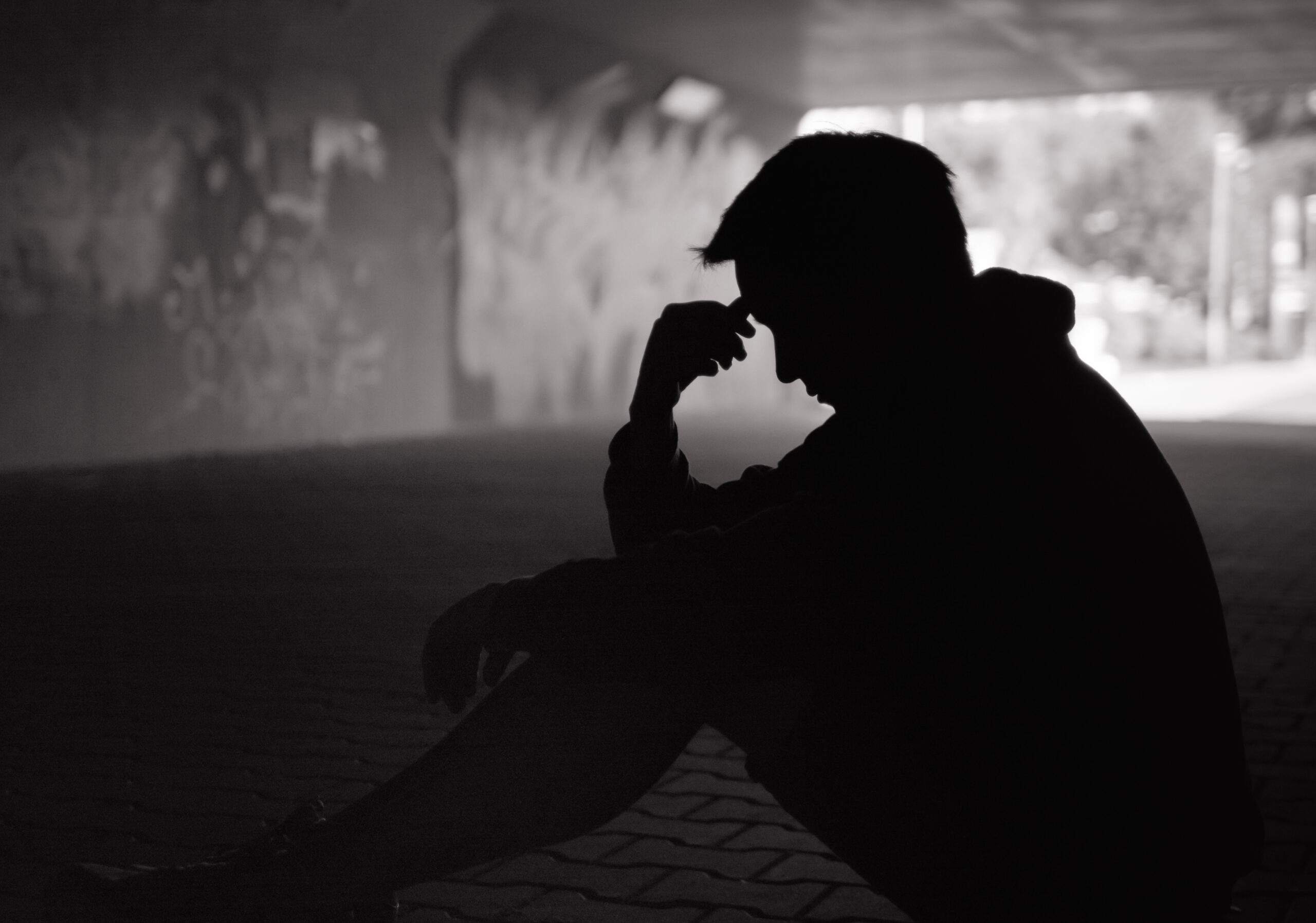What Happens When You Mix Drugs?
One of the most dangerous aspects of substance use is the potential to unknowingly consume more than one substance, which can cause unexpected and undesirable results. In this article, we’ll share the most common dangers of combining substances, either intentionally or without your knowledge.
What are the dangers of combining drugs?
Mixing drugs is a dangerous game. It’s most often done to enhance the effects of a substance. Often, this occurs when a tolerance is built up, meaning more of a substance is needed to feel the same high. In pursuit of a more intense euphoria or relaxing sensation, multiple drugs or drugs and alcohol may be consumed together.
Combining drugs is often called polysubstance abuse and the dangers associated with this behavior depend largely on the amount and type of drug used. The only time it is safe to use any drugs simultaneously is when the drugs are prescribed by a psychiatrist who is aware of all the medications you are taking.
Combining drugs can produce unpredictable effects as the chemicals in the drugs react to each other. It’s especially common for street drugs to be mixed with other, cheaper drugs, causing a host of additional unexpected side effects.
What drugs are commonly combined?
Unfortunately, it’s not often the case that all of the drugs being mixed are prescribed. Most mixed drugs are recreational, and often people will combine a recreational substance with a prescribed drug. Here are some common combinations:
- Alcohol and marijuana
- Alcohol and cocaine
- Alcohol and Adderall
- Amphetamines and benzodiazepines
- Xanax and ecstasy
- Heroin and fentanyl
- Morphine and marijuana
- Other combinations
From the list above you can see that some substances are commonly used in conjunction with each other. Regardless of the combo, the outcomes from these are detrimental to your health.
What are the side-effects of combining drugs?
To find the side effects produced by specific substances, you can use WebMD’s Drug Interaction Checker. If you’re interested in general side effects of polysubstance abuse, the Centers for Disease Control and Prevention lists the following effects of polysubstance use.
- Chest pain
- Nausea and vomiting
- Tremors
- Muscle spasms
- Inability to regulate body temperature
- Slowed heart rate
- Slowed breathing
- Fading in and out of consciousness
- Confusion
- Passing out
- Brain injury
- Damage to the liver
- Cardiac arrest
- Stroke
- Seizure
- Coma
- Overdose
Mixing drugs can produce a wide variation in side effects, but the vast majority of them are dangerous. The sooner you address and treat an addiction, the fewer symptoms you’ll have to deal with.
In addition to the medical harm of combining substances, there’s also an increased risk of—social dysfunction, damage to relationships, financial difficulties, trouble maintaining employment and legal repercussions for using illegal drugs or abusing prescription substances.
How does rehab for multiple substances work?
The best treatment will require a personalized approach, which includes catering to the specific substance (or substances) a person uses. When multiple drugs are used, especially in combination, a unique treatment approach will be necessary.
The majority of the content of rehab will remain the same regardless of the amount and type of substances used. You can expect to participate in—one-on-one therapy, psychiatric intervention, identifying triggers, building coping strategies, fostering lifestyle skills and a framework of cognitive-behavioral therapy (CBT).
Does treatment last longer for multiple substances?
Rehab for multiple substances requires detoxing from each drug. Different classes of drugs have unique timelines for the detox process. While withdrawal for some opioids may peak within hours, detox for other drugs may take weeks.
You can expect detox to last at least as long as the average length for the longest of the substances used, although it’s likely to be more intense for a more severe addiction and for multiple substances. In those cases, recovering from the pain of withdrawal may take an extra day or two.
How do I decrease the dangers of combining substances?
While a psychiatrist can help you manage prescribed medications, the only sure way to avoid the potential hazards of drug use is to abstain from illicit drugs altogether. Sobriety can be difficult to achieve on your own though, and that’s where Freedom Detox can help.
Freedom Detox is a drug and alcohol detox provider in Charlotte, North Carolina. With personalized treatment planning and a dedicated care team, you’ll be as comfortable as possible as you go through withdrawal and the early stages of recovery. Get started and schedule an appointment today.





